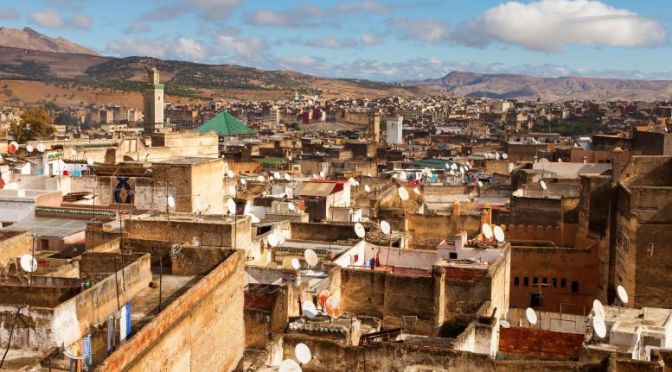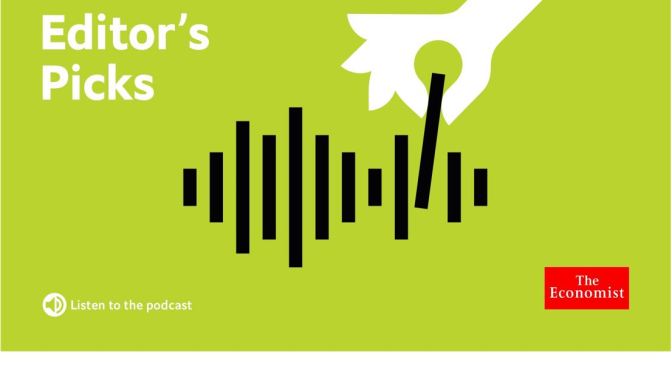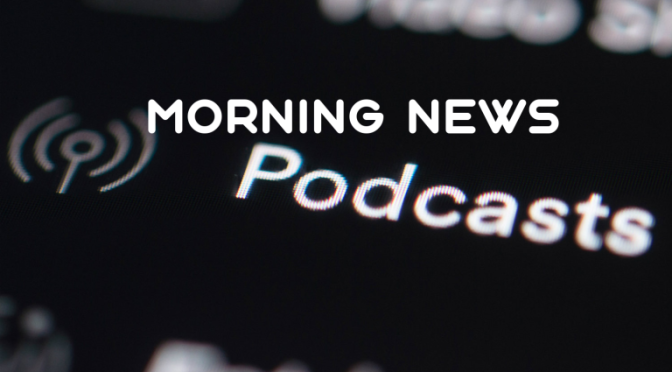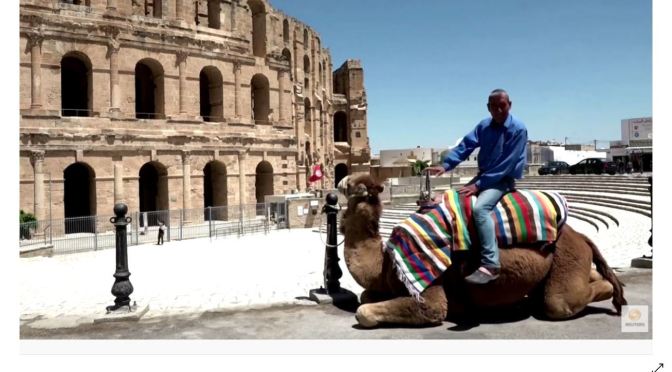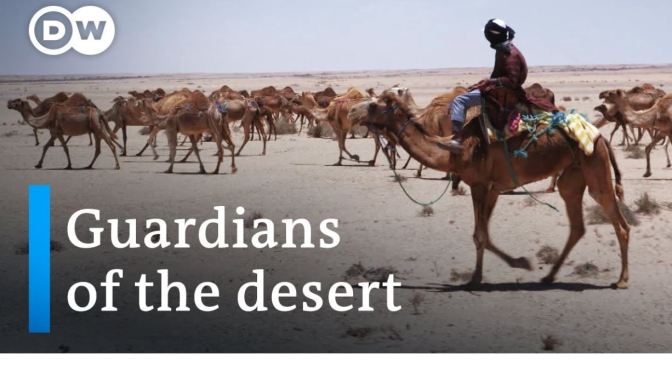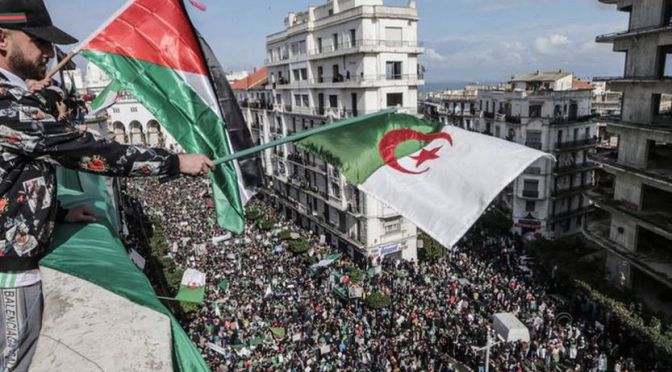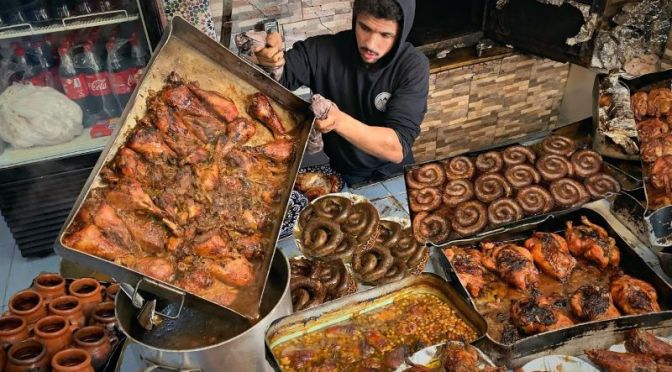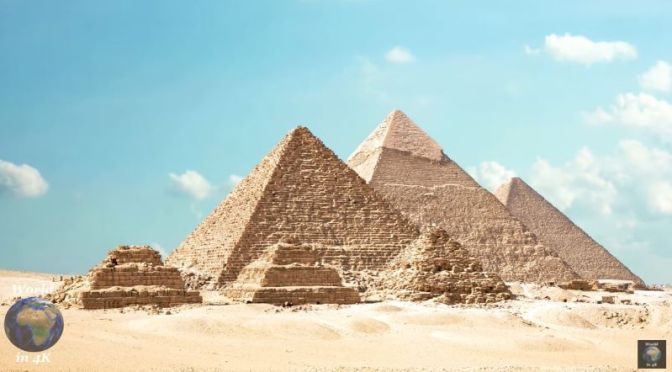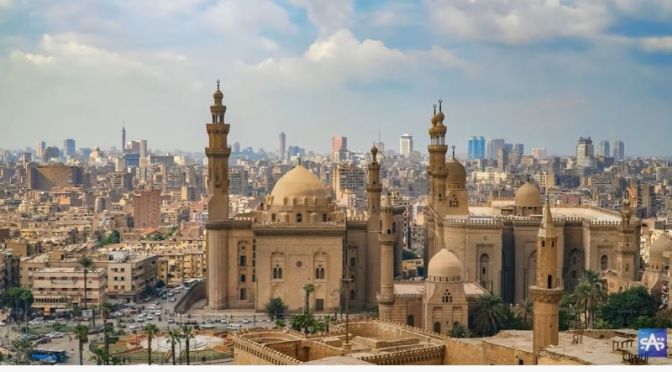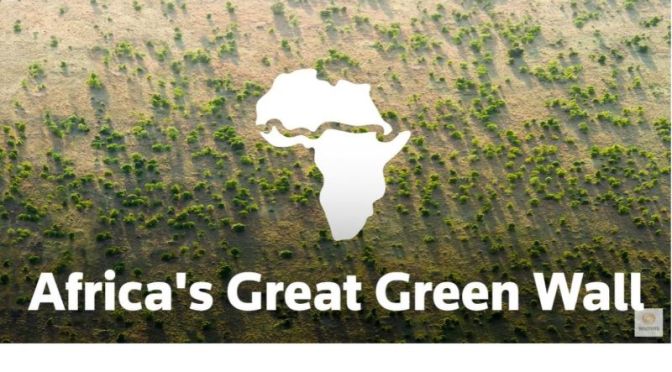Fes is a northeastern Moroccan city often referred to as the country’s cultural capital. It’s primarily known for its Fes El Bali walled medina, with medieval Marinid architecture, vibrant souks and old-world atmosphere. The medina is home to religious schools such as the 14th-century Bou Inania and Al Attarine, both decorated with elaborate cedar carvings and ornate tile work.
Tag Archives: North Africa
Political Analysis: World Shortages, Ethiopia’s President & China’s ‘Shein’
A selection of three essential articles read aloud from the latest issue of The Economist. This week, the world economy’s shortage problem, Abiy Ahmed against the world (9:39) and how fast-fashion label Shein models a new style of Chinese multinational (16:50).
Morning News: Future Of Libya, Voting Rights And Quality Of Life Survey
We discuss the future of Libya and whether stability is any closer after yesterday’s Berlin conference. Then, what does the striking down of voting rights legislation mean for bipartisanship during Biden’s presidency?
Plus: Monocle’s new Quality of Life rankings are out; where did your city come?
Travel & Tourism: Tunisia Struggles To Reopen
Tunisia competes fiercely with Europe for summer holidays. But it’s still struggling to salvage the tourism season, even as European resorts start to reopen.
Views: Camel Herders Of The Sahara Desert (Video)
It was once common practice to herd camels hundreds of kilometers through the desert. Now, with only a handful of herders left, the ancient art of desert navigation will soon be lost. From the south of Morocco, the great Sahara Desert extends more than a thousand kilometers into Mauritania. Hot and dry, the desert is hostile to life.
Yet for centuries, camel herders have successfully traveled back and forth across this landscape, between their herd’s winter and summer camps. Today, only some thousand families remain dedicated to this traditional way of life. They breed dromedaries: domesticated, one-humped camels. Among these guardians of the old ways are the shepherds Moulay and Hadrami, both of the Oulad Ben Sbaa tribe. Their families live in the city, having abandoned the nomadic life.
But Moulay and Hadrami are passionate shepherds, closely bonded to their 200 camels. In this rich documentary, the men take us along as they go about their work: arming themselves against sandstorms, preparing their herd for nightly migrations, and searching the desert’s endless expanse for lost newborn animals and their mothers. An invaluable glimpse into the hardscrabble existence of these shepherds, the film shows a way of a life that will soon cease to exist.
Documentary: What Is The Future For Algeria (Video)
Since February 2019, millions of Algerians have demonstrated against the government. They first took to the streets to demand more democracy and protest the renewed candidacy of former authoritarian president Abdelaziz Bouteflika. The COVID-19 pandemic may have brought the Algerian protest movement “Hirak” to a premature end in March 2020, and even though Bouteflika withdrew his candidacy, its demands are still far from being met. Opponents of the government still say their country is a long way from genuine democracy and is at the same time plagued by corruption, economic mismanagement and military interference in politics.
This documentary follows five young Algerians who are all taking part in the protests. They tell viewers why they are challenging Algeria’s powerful elites and describe what they want for their country. Their stories are about hope and resignation, as well as the open question of their futures in Algeria.
Culinary Travel: ‘Street Food In Oujda, Morocco’
The array of street food in Morocco is quite vast and includes tea time and breakfast sweets, simple snacks, sandwiches, soups, grilled meats and seafood, fried fish and hearty main dishes such as stewed lentils, rotisserie chicken and classic tagines. The recipes below are all foods that can found while walking Moroccan streets and souks.
Oujda is a city in northeast Morocco, near the Algerian border. It’s known for its Great Mosque, built in the late 13th century, with intricate carved wood and mosaic tiling. The mosque is in the old town, or medina, behind ramparts and the imposing Sidi Abdelouahab gate. Numerous shops and souks sell fruit, spices, jewelry and traditional clothing. The Art Gallery of Oujda shows modern and traditional Eastern art.
Morocco, a North African country bordering the Atlantic Ocean and Mediterranean Sea, is distinguished by its Berber, Arabian and European cultural influences. Marrakesh’s medina, a mazelike medieval quarter, offers entertainment in its Djemaa el-Fna square and souks (marketplaces) selling ceramics, jewelry and metal lanterns. The capital Rabat’s Kasbah of the Udayas is a 12th-century royal fort overlooking the water.
Views: Landmarks Of Ancient Egypt (4K Video)
Ancient Egypt was a civilization of ancient North Africa, concentrated along the lower reaches of the Nile River, situated in the place that is now the country Egypt.
Africa: ‘An Economic History Of Egypt’ (Video)
The Egyptian Economy was the only one in the Middle East North Africa region to avoid a recession in 2020. Being a good reflection of the economic rollercoaster Egypt routinely finds itself on. One driven by inflation rates of up to 30% a year, a halving of its currency and a painful IMF bailout in 2016. But how did Egypt’s Economy find itself in this situation? What impacts did Five Year Plans, spending nearly 20% of GDP on the military and widespread nationalisation have on its economy? Why is Egypt the world’s largest importer of wheat? And perhaps most importantly, what has its post 2011 revolution delivered?
Egypt, a country linking northeast Africa with the Middle East, dates to the time of the pharaohs. Millennia-old monuments sit along the fertile Nile River Valley, including Giza’s colossal Pyramids and Great Sphinx as well as Luxor’s hieroglyph-lined Karnak Temple and Valley of the Kings tombs. The capital, Cairo, is home to Ottoman landmarks like Muhammad Ali Mosque and the Egyptian Museum, a trove of antiquities.
Ecology: ‘The Great Green Wall’ Of Africa (Video)
Development banks and states pledged a total of $14.32 billion over the next four years to build a “Great Green Wall” to help contain desertification in Africa’s northern Sahel region. But what exactly is it and how much progress has been made?
The Great Green Wall or Great Green Wall of the Sahara and the Sahel is Africa’s flagship initiative to combat the increasing desertification. Led by the African Union, the initiative aims to transform the lives of millions of people by creating a mosaic of green and productive landscapes across North Africa.

